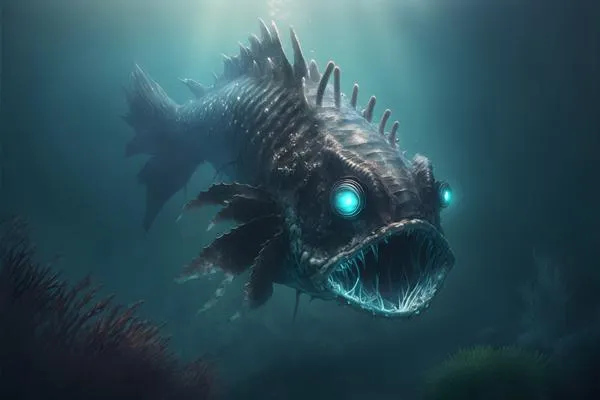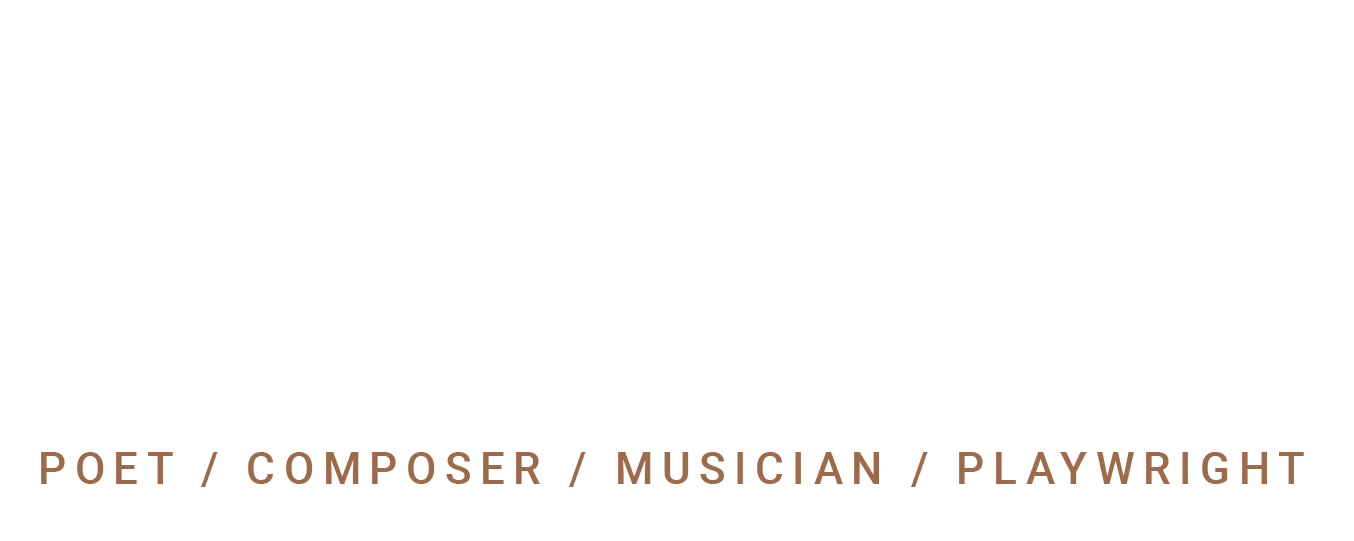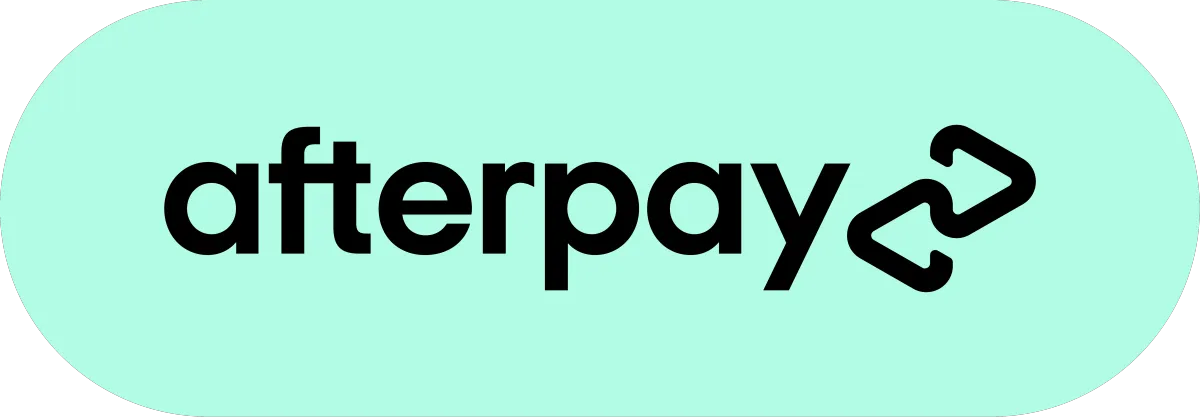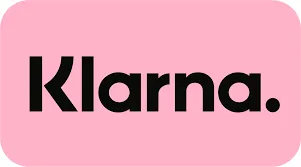Blog

Strange Fish
When you see other people out there, out in the world in the cars, cafes, churches and bars; eyes twitching, fingers fidgeting and legs jiggling you know that the little fish are wriggling away under their skin. They have been triggered and the more vigorous the movement the stronger the signal being received for threat. In certain contexts you can also see this in children whose stress response systems are highly activated and they blink heavily and display tics. As with the fidgeters the purpose is to soothe themselves. When the context is removed the presentation abates. Most people are blissfully unaware of their affect either at home or in the community, whether in social situations or at work. The point is it’s happening in response to the environment which in the main means other people. It seems likely, that our first memories have a disproportionate influence on our behaviour and by first memories I mean the memories of association that begin to be laid down in utero and then infancy. It still strikes me that a foetus can hear by the third trimester and recognise their mother’s voice and other sounds from the outside world. Now imagine that the foetus’s mother is a victim of ongoing family violence. What is the effect on the unborn foetus? First the mother’s stress response system is likely to be highly activate and she is, consequently, producing large quantities of the stress hormone cortisol. Unavoidably, what happens to mum happens to the foetus and so the cortisol crosses the placenta and deposits itself into the foetus. This means that the stress response system of the foetus is activated. Then, if there is yelling and physical violence the foetus creates a memory, an association, between a loud noise and threat. This memory is hard wired because it needs to be, so later the infant and then the child is ready to recognise the threat and then respond and hopefully survive. This memory is laid down in the unconscious part of the brain. This is also how relational templates, in part, are laid down. This means we respond in the present to unconscious memories from the past. These memories are the little fish.
In my poem Little Fish I write about
‘those held by the past/ in the future/find no escape’. What I mean is we are held, in this case, by relational templates created in childhood and infancy. Have we all not had friends who make disastrous relationships with a particular type over and over again? We appeal to their reason by pointing out the obvious that ‘hey, can’t you see you are doing it again!’ ‘Oh, of course’ they say, ‘you’re right’. And then, to their detriment, they do it all over again. What we often miss, however, is that the ‘particular type’ mentioned above, is doing the same thing for the same reasons and they too are also confused by the monotonous repetition of failure. But there are others who exploit these templates for their personal gain. Think of the people who lend partners their life savings or who act as drug mules. This refers to the passage in the poem where I say: ‘beware the shallows/and the fisherman/who/ into his hands/the little fish are brought’.
This is also a theme in the poem Strange Fish where I look at these strange creatures a little closer and I realise that strange fish abide/ in the depths of the soul.
Memory and the little voice in your head, is that busy commentator who is interpreting internal and external cues according to your internal biases and templates and whispering to you about it. It is your templates and biases that drive your behaviour not your choices which are assumed to be the jewels of free will.
It’s difficult enough to have in many cases templates that distress us but our particular cultures often make it worse. We have social industries like religion, politics, capitalism and education which are devoted to explaining our behaviour with a facile dogma wrapped up in censure and which proposes that the cause of, to them, socially unacceptable behaviour is that there a fault or flaw in our design and that by cognitive process we can easily change that by making ‘good choices’. Of course the concept of good choices is misleading and is really a demand for conformity to the social industries. A good question to ask is, for whom are these ‘good choices’, good for? Regardless, it is well known that continued divergence from social mores ensures that by making what is considered ‘bad choices’ you are moving along the royal road towards a mental health diagnosis, formal or informal. You are also heading towards ostracism if not something worse.
Now, while all fish are a little strange there are some clever fish who have learnt what’s good for them and from early childhood they have unconsciously learnt to beguile with colour and hypocrisy to create an appearance of conformity and thus they are able to wriggle through the net. But the past is inexorable and casts a long, long shadow and even these clever fish are knowable by their works and the sharp observation of those who know.
To know. This is how we can protect ourselves from the strange fish. There is only one good choice for we poor human beings. There is hope if you can, with sweat and determination, build insight into, and awareness of, your behaviour. Because:
Knowing that you know makes a difference
Love my words?
Stay inspired! Subscribe to my newsletter for poetry, up-coming events and creative insights
— straight to your inbox!








